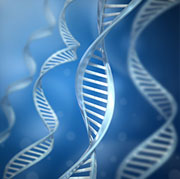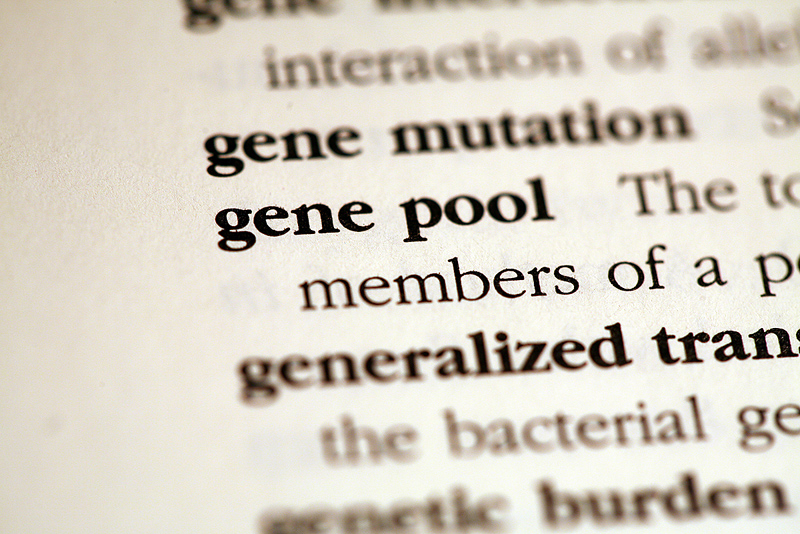
WEDNESDAY, May 28, 2014 (HealthDay News) — A team of international researchers has identified nearly 85 percent of proteins in the human body.
Proteins are the substances that provide structure, function and regulation of the body’s tissues and organs. Human genes contain instructions (encoding) that direct the production of proteins, according to the U.S. National Institutes of Health.
In addition to finding the majority of the body’s proteins, the researchers also identified 193 new proteins on the human genome. The proteins were found in areas of DNA that were believed to be “noncoding,” or regions that do not encode proteins.
Finding proteins in areas with genes that weren’t believed to code means the human genome could be more complex than previously believed, the researchers concluded.
“This was the most exciting part of this study, finding further complexities in the genome. The fact that 193 of the proteins came from DNA sequences predicted to be noncoding means that we don’t fully understand how cells read DNA, because clearly those sequences do code for proteins,” Dr. Akhilesh Pandey, a professor at the McKusick-Nathans Institute of Genetic Medicine and of biological chemistry, pathology and oncology at Johns Hopkins University in Baltimore, said in a news release.
More than 10 years ago, researchers identified all of the nearly 25,000 genes in human DNA. Known as the Human Genome Project, the research provided scientists with genetic information that helped them figure out how changes in certain genes could trigger some diseases.
The current researchers set out to create an initial catalog of all the proteins in the human body, or the human “proteome.” The team identified proteins originating from more than 17,000 genes, which is about 84 percent of all of the genes in the human genome predicted to encode proteins.
Cataloging human proteins and where they can be found in the body may provide scientists even more insight than a catalog of all the genes in the human genome, the researchers pointed out. They explained that the characteristics of an organism depend on its genes. These genes, however, provide directions for making proteins, which are the building blocks of all cells in the body.
“You can think of the human body as a huge library where each protein is a book,” explained Pandey, who is also the founder and director of the Institute of Bioinformatics in Bangalore, India. “The difficulty is that we don’t have a comprehensive catalog that gives us the titles of the available books and where to find them. We think we now have a good first draft of that comprehensive catalog.”
In attempting to catalog all of the proteins in the body, the team of researchers from Johns Hopkins and the Institute of Bioinformatics conducted a broad examination of the proteins in the human body from 30 tissue samples.
Pandey said the human proteome is so vast and complicated it may never be completed. But, he suggested this research provides a foundation for other scientists.
“By generating a comprehensive human protein dataset, we have made it easier for other researchers to identify the proteins in their experiments,” he said. “We believe our data will become the gold standard in the field, especially because they were all generated using uniform methods and analysis, and state-of-the-art machines.”
More information
The U.S. National Human Genome Research Institute provides more information on the Human Genome Project.
Copyright © 2026 HealthDay. All rights reserved.

